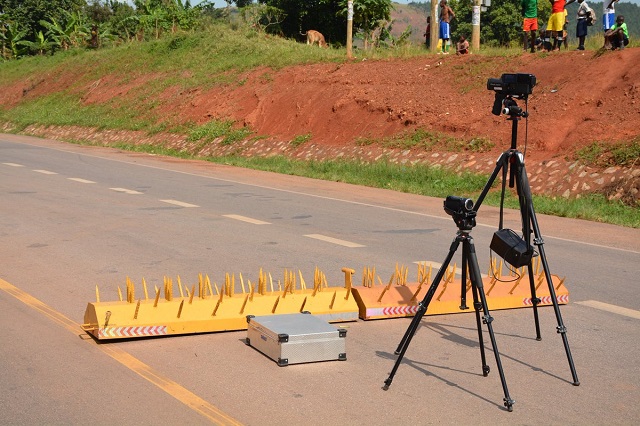
“Currently anything being done on safety is based on guesswork,” he said, “There is need for UNRA to develop a proper accident data collection and storage mechanism as part of safety appraisal of the designs and maintenance. This can be done internally with Uganda Traffic Police.”
Allen Kagina, the UNRA executive director says unplanned land use, indiscriminate licensing of driving schools and inadequate road designs are among the top causes of road accidents.
“The challenge we have is that even after safety measures have been done on the roads, petrol stations, schools, hotels and churches emerge and they all want access to the highways,” she said.
Kagina said road safety can only be achieved if there are collaborative efforts amongst the full range of the road safety partners including road users, police, courts of law, legislators, schools and communities, contractors, consultants and development partners.
She said UNRA’s traffic and road safety department will play the leading role in the implementation of the safety interventions; particularly the education and support to enforcement aspects.
AIGP Steven Kasiima, the director of Traffic and road safety noted that the specialist’s study was important and asked the World Bank to help in doing a similar audit on the Kampala-Masaka-Kabale highway which is probably one of the deadliest highways in the world.
Kasiima said some of the interventions such as the “Fika Salama’ check points and the erection of islands in some black spots like the one at River Katonga along the Kampala-Masaka highway have reduced accidents.
Aggrey Bagiire, the Minister of State for Transport agreed with Mwesige saying the designs need to change to reflect the changing circumstances in the country.
Giving the example of the recently rehabilitated Nansana-Busunju section on the Kampala-Hoima highway, Bagiire said the independent road inspections are helping the government to correct the design anomalies.
“If roads are safe by design, it is possible to reduce road accident deaths by as much as 30 percent,” Bagiire said. But he quickly added that the attitude and character of Ugandans road users must also change.
“Vandalism of road furniture, for instance, must stop and this can only be achieved if communities are sensitised or mobilised to ensure that such acts are prevented or reported.”
Bagiire insisted that human error contributes significantly to road accidents in Uganda and says he is baffled by Ugandans who drive under the influence of alcohol and drugs.
“Uganda’s road safety policy says the road network should be safe for all users including; pedestrians, cyclists, motorcyclists and motor vehicles irrespective of their sizes,” he said.
 The Independent Uganda: You get the Truth we Pay the Price
The Independent Uganda: You get the Truth we Pay the Price


